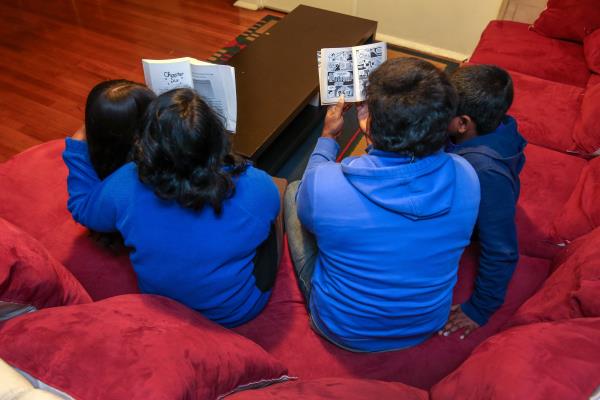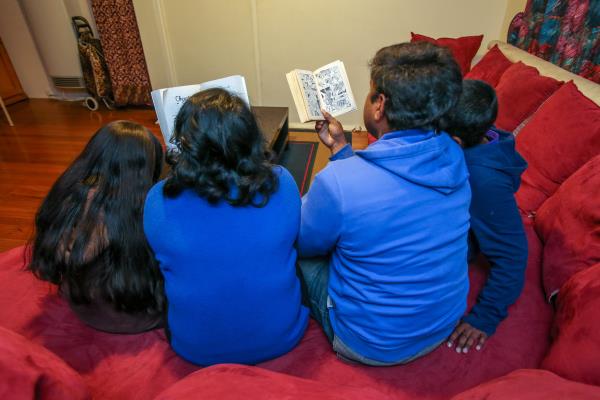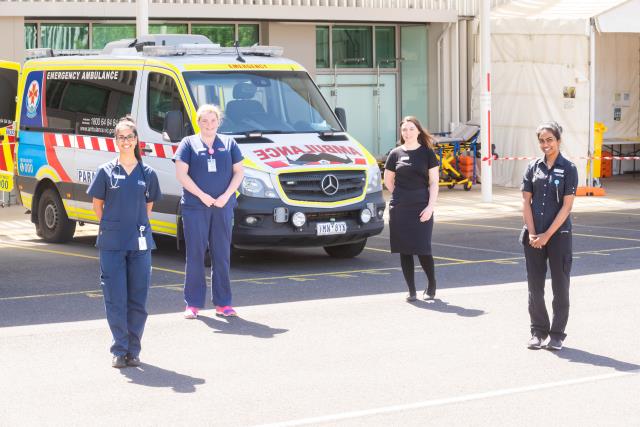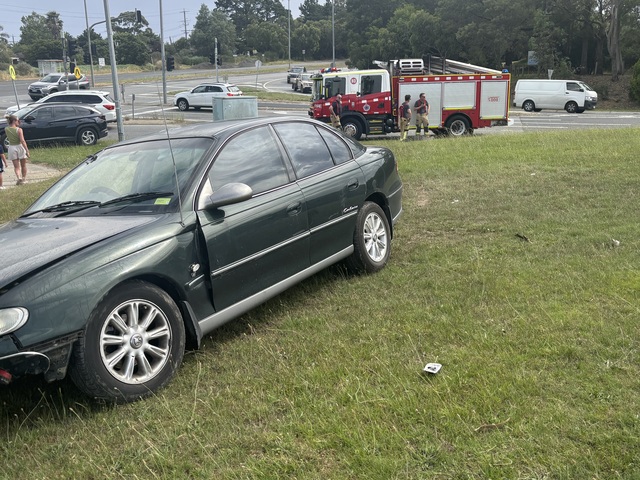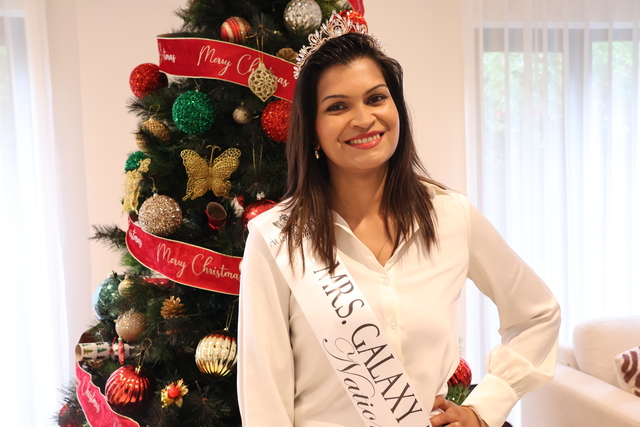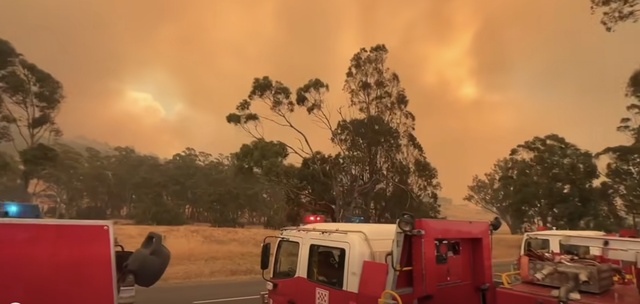By CAM LUCADOU-WELLS
AN ASYLUM seeker family fears its “second life” safely settled in Greater Dandenong could be snatched away at any moment.
The Journal last week met a Tamil family Mr and Mrs A and two children who had fled Sri Lanka and now live in a basically furnished house.
Their true identities have been concealed because they fear being deported to Sri Lanka by the Department of Immigration and Border Protection.
The parents said their lives have been in limbo in Australia for a year while they wait for the department to decide if they can stay.
Mr and Mrs A, who are among about 3000 asylum seekers living in Greater Dandenong, both bear significant physical wounds from the Sri Lankan conflict.
They claim they lost everything and fled when the Sri Lankan government seized their home and business.
They endured two years eking out a living in India, which does not recognise asylum seekers’ rights, followed by a perilous three-week journey in a dodgy boat from India to end up in Australian detention centres.
Most important for them now is that their children are finally safe.
“If we’re just allowed to stay, we’re happy,” Mr A said.
“Compared to life in Sri Lanka, at least we’re not fearing for our lives.
“This is our second life.”
Mrs A describes living in Australia as “peaceful”.
“The children don’t have that fear of harassment now,” Mrs A said.
“They’re a lot happier because they can go to school and have a life here.
“When in Sri Lanka, anything could happen at any time.
“The children didn’t go to school because we didn’t know if they would make it home.”
The family settled into their home without food and just the clothes on their back.
A community volunteer “heard there was a family with nothing” from Tamil contacts in the region and was able to tide over the family with food and supplies.
The Red Cross supplied the family with a fridge, washing machine, beds and mattresses.
Like others on bridging visas, Mr and Mrs A struggle on a meagre government allowance – 89 per cent of the dole.
They often sit idle at home during the day because they have no work or study rights.
“We still feel we’re different from the rest of the community.
“We don’t have full rights to live the life that others have,” Mrs A said.
They are still paying off a loan for the $10,000 which they had to pay for their journey.
During the trip, their boat broke down after four days and was fixed by a passing vessel, was caught in a storm, and seasickness was rife.
“We were just relieved to land on shore alive,” Mr A said.
The family stayed about eight weeks in detention centres in Christmas Island and Darwin, again weighed down with uncertainty about where they would be sent.
Both children are voracious readers and keen students but on Christmas Island they were deprived of books.
In Darwin, there was at least a library but the children remember the dreary experience of being locked indoors for long periods.
The son said the detention centres were a “sad place” because “we were put in a cell”.
“We weren’t allowed to go to school and not allowed to see friends in other parts of the camp.”

